'Multidisciplinary Expertise Must Be Grounded in a Deep Understanding of Country Specifics'
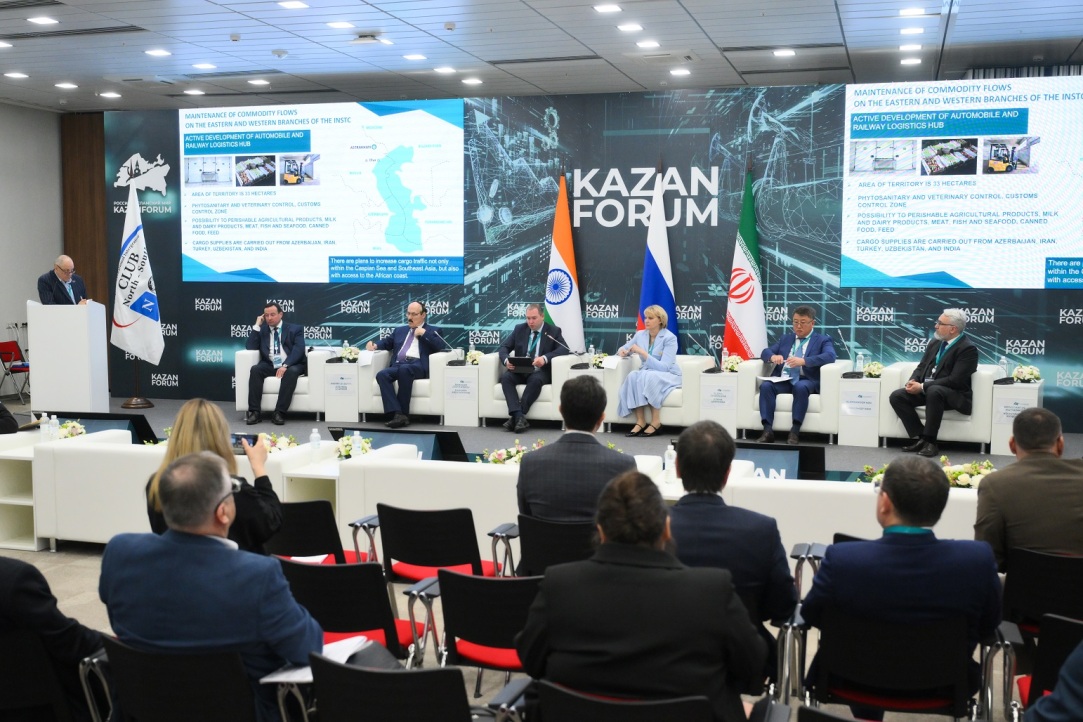
During the Russia—Islamic World: KazanForum held in Kazan, experts from the HSE Institute for Public Administration and Governance (IPAG) presented the results of studies analysing the potential for establishing multimodal transport and logistics hubs along international transport corridors. One of the key sessions titled The International North–South Transport Corridor and attended by Deputy Prime Ministers Vitaly Savelyev and Marat Khusnullin highlighted the progress towards attaining the objective set by Russian President Vladimir Putin regarding the advancement of Russia's foreign trade potential.
During the forum, which brought together over 20,000 participants from 100 countries, experts from HSE University emphasised that establishing multimodal transport and logistics hubs would allow for highly efficient use of Russia’s transit potential. In particular, such hubs could be developed along the route of the International North–South Transport Corridor and in the area proposed for a seamless transport link between this corridor and the Northern Sea Route, spanning 1,361 km between St Petersburg and Murmansk.
Further development of bilateral freight transport along shorter, more economically advantageous routes between Russia and friendly countries in Greater Eurasia should serve as the foundation for realising the integration role of the International North–South Transport Corridor in advancing the region’s economy and export logistics.
Today, as integration processes intensify within the Greater Eurasian economic cooperation space, the need to consolidate expert knowledge across industry sectors is growing. HSE University provides a multidisciplinary approach to expert and analytical support for economic cooperation among the countries participating in Eurasian integration, said Marat Zembatov, Director of the Centre for Interdisciplinary Studies at IPAG, speaking at the forum.
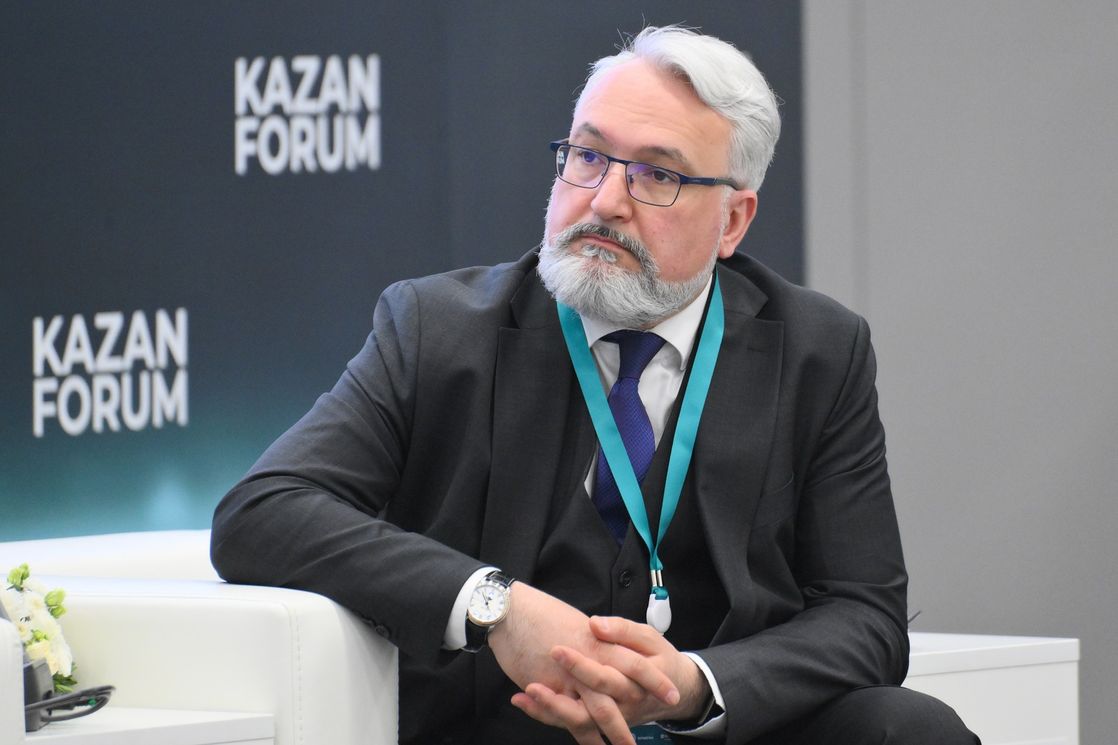
'Given the accelerating pace of economic cooperation with friendly countries in the Arab East, Iran, Pakistan, and now Afghanistan—highlighted in a dedicated session at the forum attended by Deputy Prime Minister Alexei Overchuk—such multidisciplinary expertise must be grounded in a deep professional understanding of the country-specific business practices in each partner jurisdiction,' emphasised Marat Zembatov. 'Understanding the specifics of business turnover and intercultural communication with industry partners in the jurisdictions of friendly countries across the Global East and Global South gives HSE University a unique competitive advantage among expert centres in our country.'
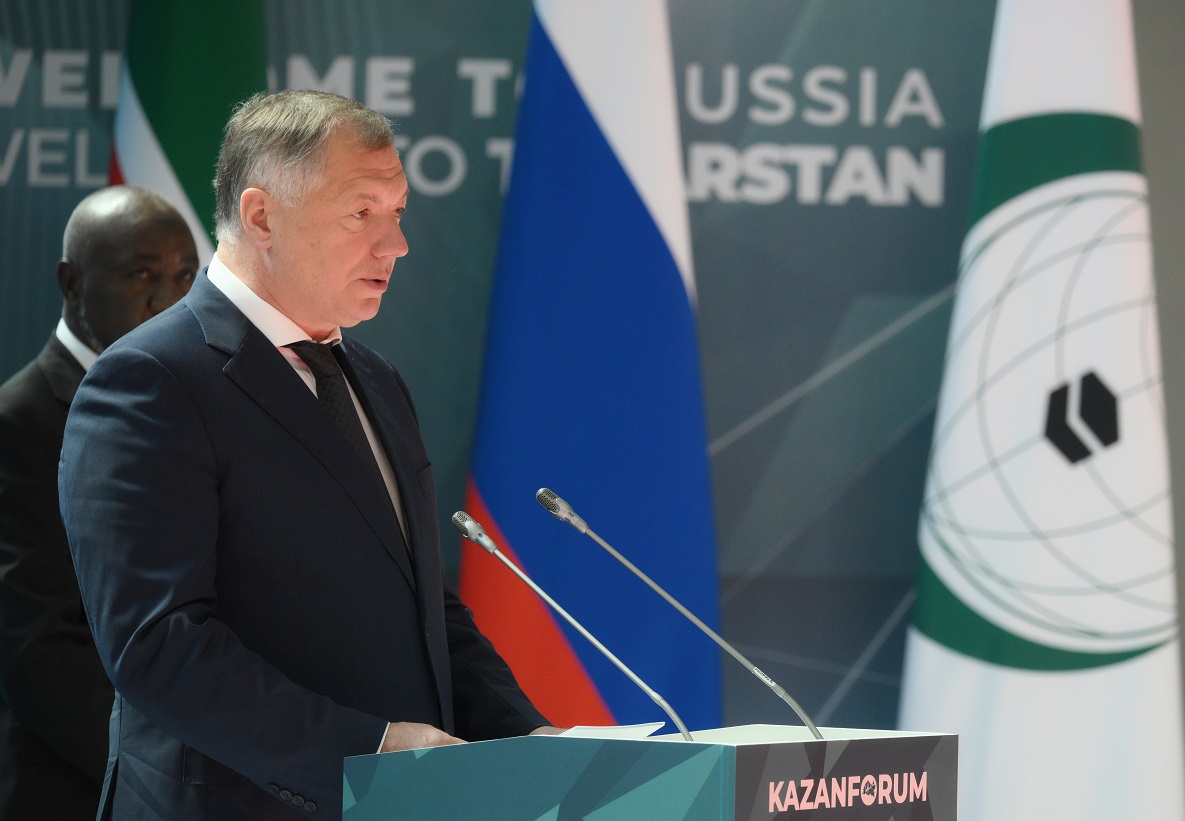
During the session on the International North–South Transport Corridor, it was emphasised that border checkpoints are a key component of the transport infrastructure essential to unlocking Russia’s foreign trade potential. Currently, based on an analysis of data from 380 checkpoints, the average border crossing time for freight transport is 38 minutes. Deputy Prime Minister Marat Khusnullin recalled in his speech that Russian President Vladimir Putin had set an ambitious goal to reduce this time to 10 minutes.
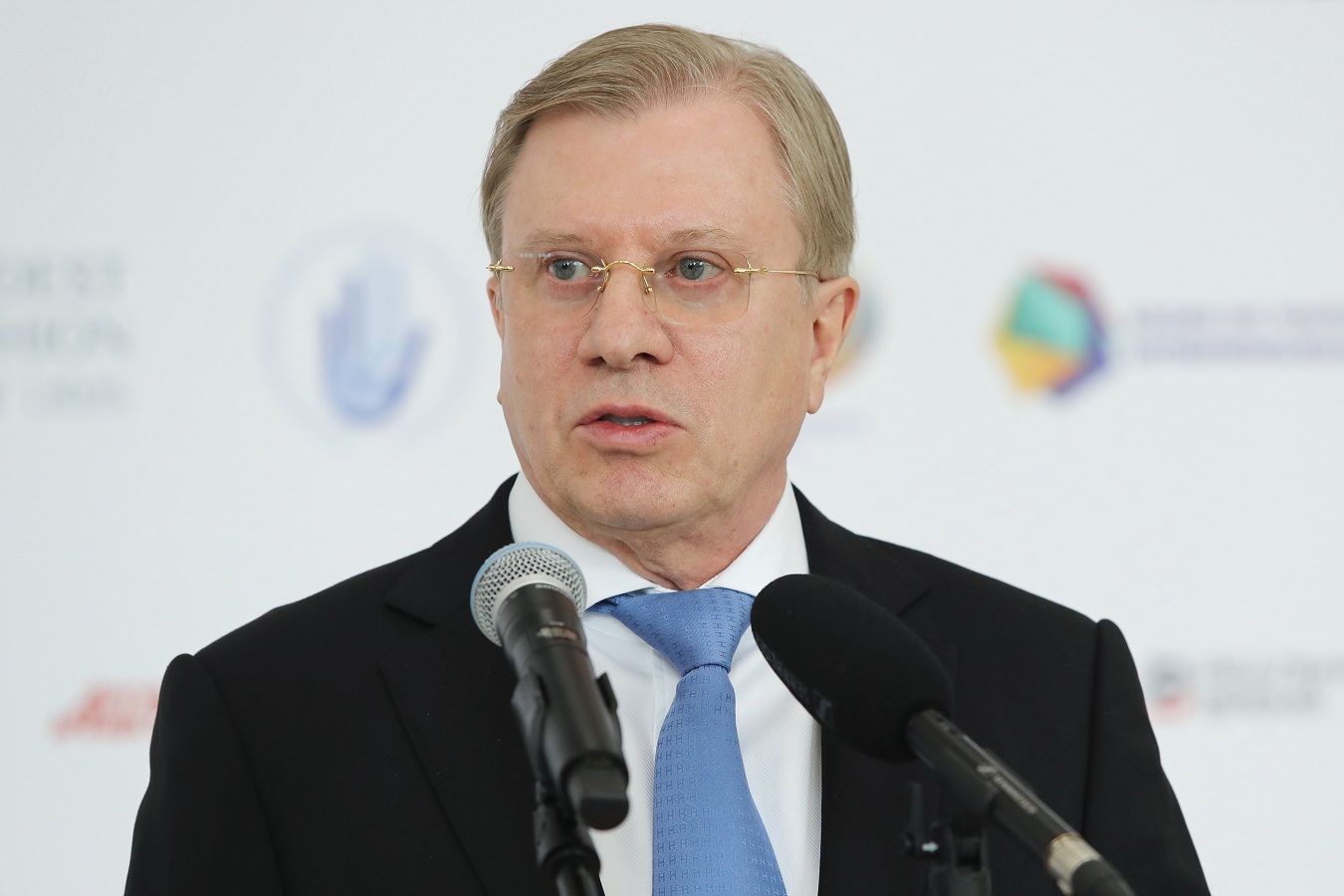
Deputy Prime Minister Vitaly Savelyev, in turn, underscored the importance of promptly advancing the design and survey work on the 162-kilometre railway section between Rasht and Astara in northwestern Iran. This will enable a rapid commencement of construction on the remaining track sections and create conditions for a substantial increase in cargo volume on the western branch of the transport corridor. Over time, Vitaly Savelyev emphasized, the North–South Transport Corridor will become a viable alternative to the Suez Canal, with the cargo route from the St Petersburg port of Ust-Luga to the southern Iranian port of Bandar Abbas taking no more than 15–20 days.
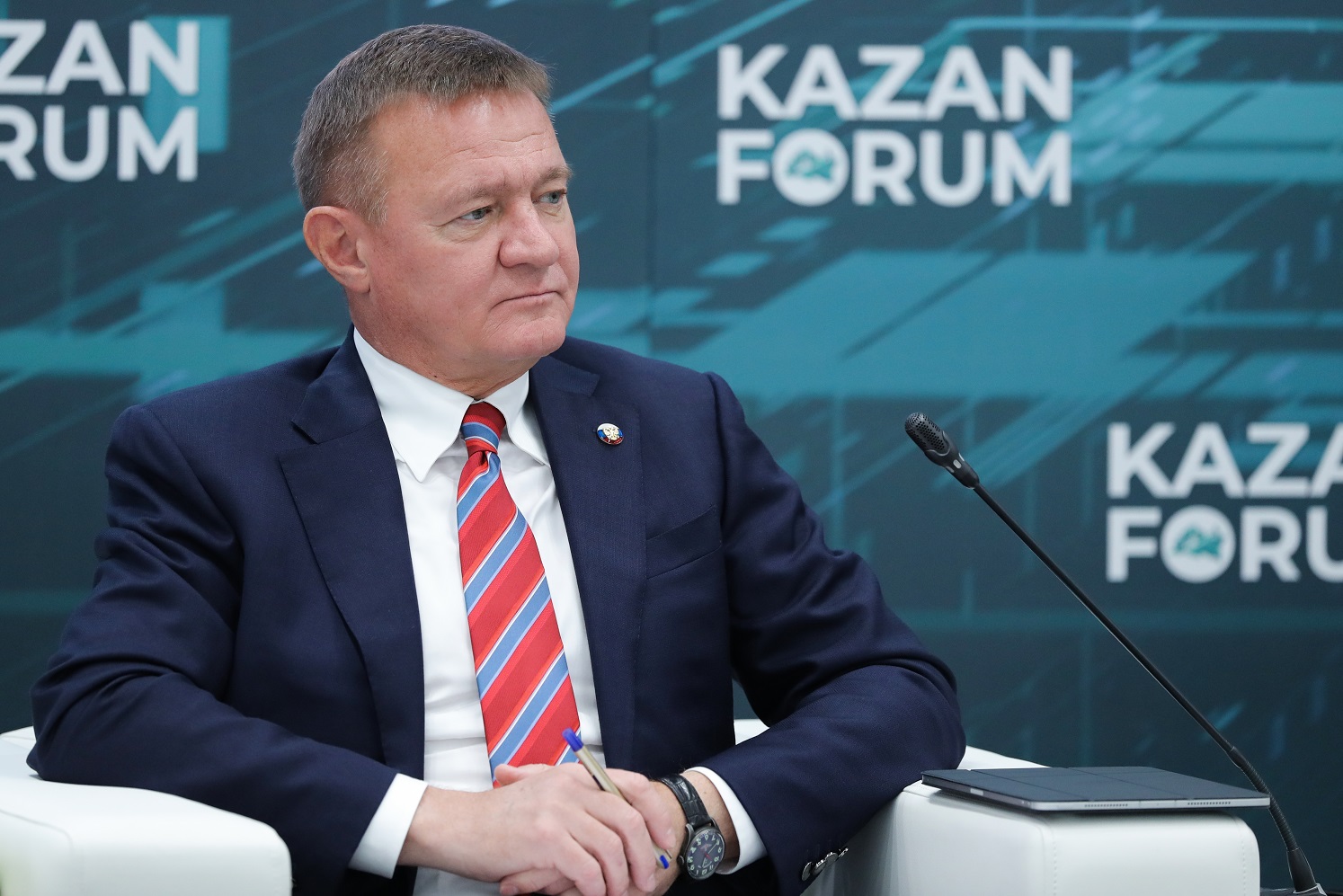
In their speeches, Roman Starovoit, Minister of Transport, and Oleg Belozerov, CEO – Chairman of the Executive Board of Russian Railways, emphasised the need to address issues related to applying uniform transportation document standards for shippers from member countries of the international transport corridor, establishing a single railway operator, the Caspian Sea shallowing, and increasing transshipment volumes at ports in the Caspian basin.

The session was also attended by Sultan Ahmed Bin Sulayem, CEO of DP World, a leading global logistics and transport company based in the United Arab Emirates. He highlighted the growing mutual interest between the Russian and UAE transport industries and expressed confidence in the progress of joint infrastructure projects.

